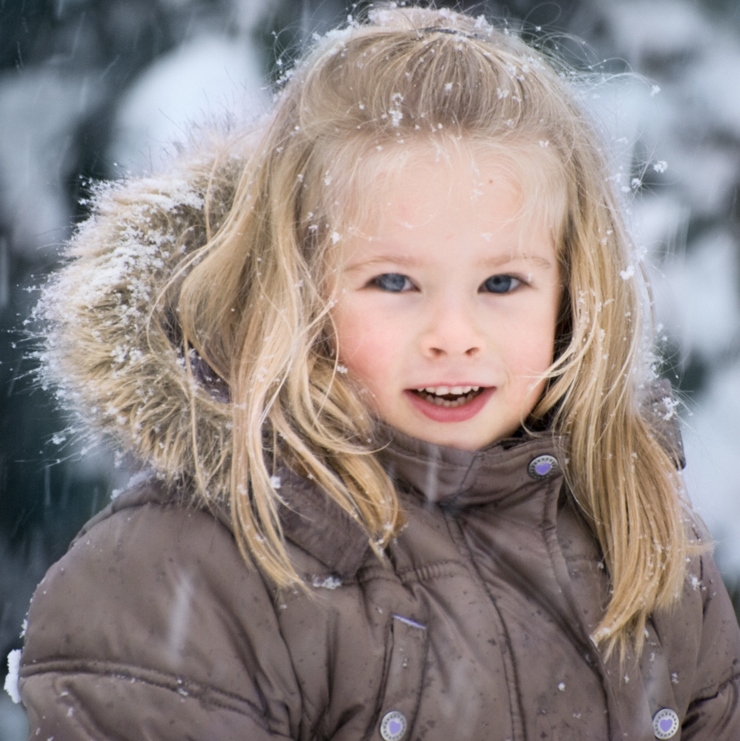 Depression, which is essentially the inability to experience and express joy, is unfortunately common in adults and teens, and the signs are pretty obvious: changes in sleeping and eating habits, loss of concentration, feelings of hopelessness and helplessness, irritability, social withdrawal, and negative or even suicidal thoughts. Less common is the phenomenon of depression in young children and preteens.
Depression, which is essentially the inability to experience and express joy, is unfortunately common in adults and teens, and the signs are pretty obvious: changes in sleeping and eating habits, loss of concentration, feelings of hopelessness and helplessness, irritability, social withdrawal, and negative or even suicidal thoughts. Less common is the phenomenon of depression in young children and preteens.
Children with depression display many of the same symptoms as adults, but some may manifest a bit differently. Social withdrawal, for example, may be seen as having difficulty with relationships, poor communication and social isolation. Kids suffering from depression may also display what appears to be a perpetual state of boredom and lack of energy. Depressed children may also complain of frequent aches which have no apparent physical cause. If a child is very angry or hostile for no apparent reason, or displays continuous destructive – or self-destructive – behavior, he or she  may be depressed.
Anxiety disorders most often accompany or precede depression in preteens and younger children. There are three categories of such disorders: social phobia, in which the child is uncomfortable interacting with anyone but close family; generalized anxiety, in which the child is overly worried about the future; and the most common, separation anxiety, in which the child has a deep fear of being apart from family. These anxieties can cause the child to suffer from physical pain and illness due to the stress. Children in an anxious or depressed state may experience headaches, stomach problems, or diarrhea, especially on school days or before a planned social event.
Although depression at younger ages is most often rooted in anxiety disorders, a very small percentage of children are genetically predisposed to depressive episodes. Either way, if the symptoms of depression are noted, and especially if they increase, immediate help should be sought.











